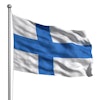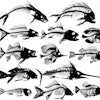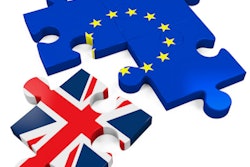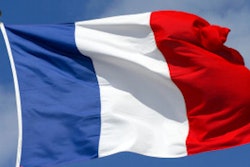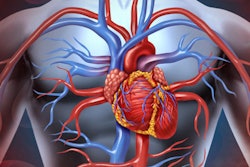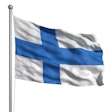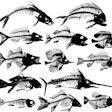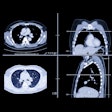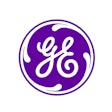The U.K. Royal College of Radiologists (RCR) is seriously concerned about continued access to radioisotopes if the U.K. leaves the European Atomic Energy Community (Euratom) treaty as a result of Brexit.
While radioisotopes for PET/CT scans are manufactured in the U.K., the rest of the radioisotopes used in scanning and the systemic and internal treatment of a range of cancers are imported from Europe and further afield, according to RCR President Dr. Nicola Strickland. Data from the U.K. National Health Service (NHS) show that approximately half a million scans are performed annually using imported radioisotopes, while more than 10,000 patients across the U.K. have their cancers directly treated by these materials, according to a 2010 survey from the British Nuclear Medicine Society.
There is little certainty so far about what leaving Euratom might mean in practical terms, and the RCR is adamant that government officials consult soon with industry over nuclear safeguarding, Strickland said. Access to these vital materials for diagnosing and treating cancer must not be left to slip down the negotiations list during Brexit, she said.
"We need assurances the radiation safety laws and regulations around movement of radioactive materials enshrined in Euratom will continue in the form of mirrored legislation post-Brexit," Strickland said in a statement. "Another concern is whether we could see increased radioisotope pricing as a result of leaving Euratom. Any future restricted access has the potential to delay diagnosing and treating cancer in thousands of U.K. patients and to add more costs to an already cash-strapped NHS."
